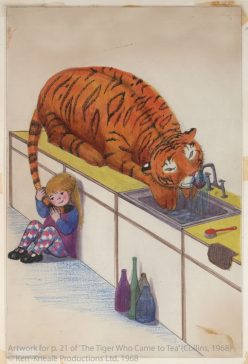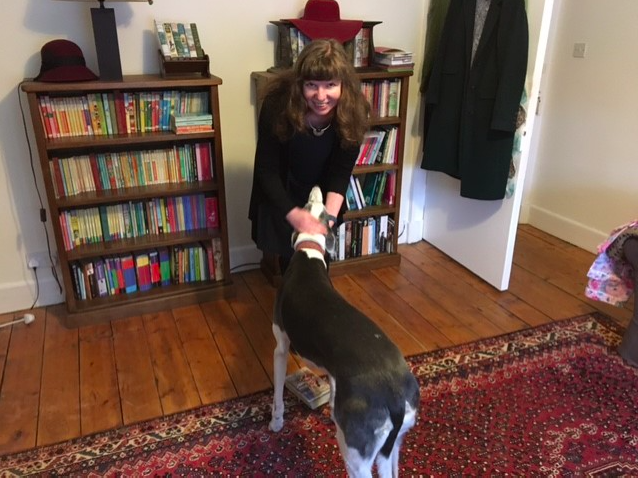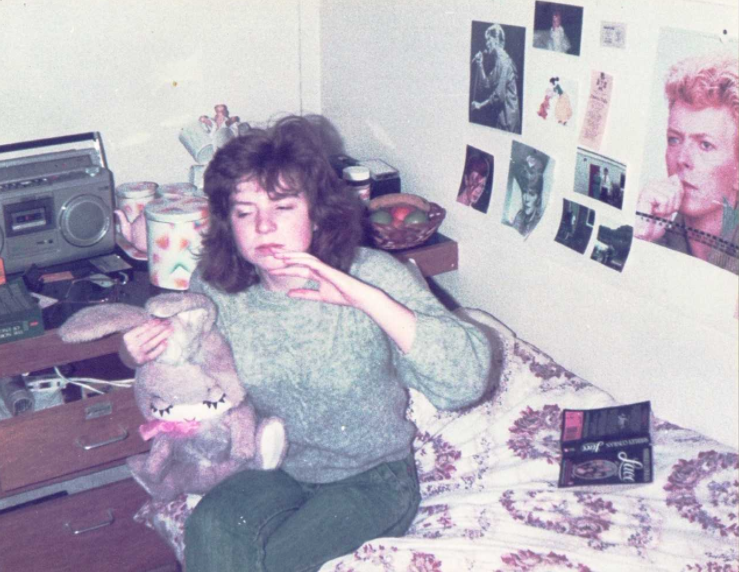In July 2020, Emily Murphy was invited, by the Literature Speaker Series within the School for English Literature, Language and Linguistics at Newcastle, to run a seminar on ‘Reinventing Your Work in Lockdown’. Emily workshopped ideas with a group of PGRs within the CLU before running her seminar. What followed was a series of honest, challenging and hopeful conversations about how to move forward in a field of work that has, just like everything else, been deeply affected by our current pandemic. This is the first of a series of reflections from different members of the CLU, born out of these conversations in July. The subsequent reflections will follow as we move into autumn.
Emily Murphy
Let me provide full disclosure: I have a very energetic two-year old who hasn’t been to nursery since March. Nearly six months post-lockdown and I’ll admit that my research is intermittent, nowhere near what it was earlier in the semester before everything closed down in the UK. My situation is hardly unique and many of us are facing our own challenges caused by the coronavirus pandemic. While I’ve certainly practiced selfcare, including indulging in an afternoon nap or Netflix binge when needed, I also want to get back to the projects I started before lockdown. So how do you manage when your mind is actively turning back to your research and yet you still feel exhausted from the emotional stress caused by the pandemic or the extra workload in either your personal or work life?
Take…it…slow.
Having recently picked up running like so many others during lockdown (thanks, NHS, for the nifty Couch to 5k programme), it strikes me that research is a lot like running. Many of us have taken a long break from research out of necessity, and to try to work in the way we did pre-lockdown is just not feasible. If you suffered a knee or ankle injury and took four months off of running, you wouldn’t just step out your door and start running a 10k. No, you’d do gentle exercise, perhaps even walking, and radically increase your mileage and pace as you eased back into your normal routine.

Even in running circles, the benefits of taking it slow are advocated.
The same should go for our research. Just like exercise, daily research and writing is a habit that we have to build, and it’s perfectly possible for our ‘mental muscles’ to atrophy a bit during a long break. I don’t mean that we’re less capable of this work, but it may be hard to sustain the same kind of focus that we once did. So, while pre-lockdown you may have been happy to read for two hours and write for an additional two, you may want to cut that down to just twenty to thirty minutes to start out. By slowly building up and seeing the progress in your research project, you can then add more time as you feel ready. (For running, it’s 10% per week and we might equally apply rules of building back up to our research intensity as scholars).
Similarly, we need to be attentive to our “burnout threshold.” In building back up to a more intense research capacity, we also have to be honest about what we can manage to do. Five minutes once a day while you take a shower? Great! 10 minutes to jot down a few sentences or two? Sure, that’s still more than what you had written yesterday! As newspaper headlines continue to remind us, we’re still in a “new normal,” meaning that work life is anything but the same with many of us dealing with much higher workloads to meet the demands of changes in the higher education sector. In such a situation, slow-paced research makes good sense as a way of protecting our mental health and avoiding burnout, and in fact is a method that some of the most active and respected children’s literature scholars I know practice (because let’s face it, time for research is never easy to find). Pre- or post-lockdown, taking it slow just works.
So the next time you feel guilty about not working, just repeat the mantra, ‘Take it slow. Take…it…slow.’ We’ve all got our own needs, and there’s no shame in working at a pace that enables you to be happy and healthy, and that will allow you to maintain your research agenda for the long-term. Happy writing!
Banner image by Green Chameleon on Unsplash



